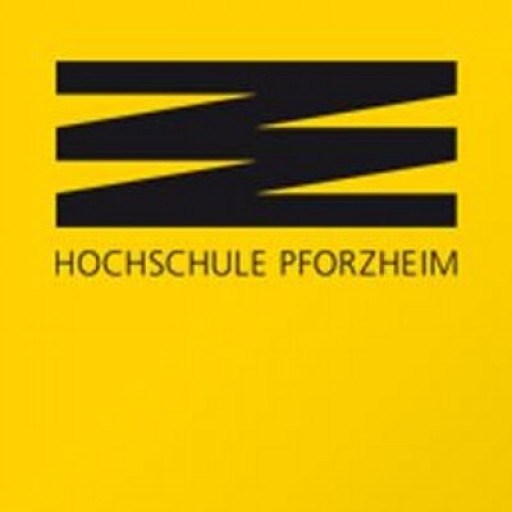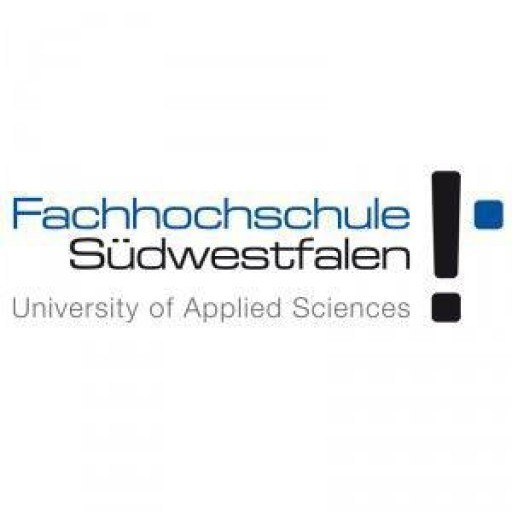Photos of university / #hwrberlin
The Bachelor of Arts in Business Administration with a specialization in Logistics and Transportation at Berlin School of Economics and Law offers students a comprehensive education designed to prepare them for dynamic careers in the ever-evolving field of supply chain management and transportation logistics. This program combines fundamental business principles with specialized knowledge in logistics processes, transportation management, and supply chain optimization, equipping graduates with the skills necessary to meet the demands of global markets. Students will delve into areas such as procurement, warehousing, distribution, freight forwarding, customs procedures, and the implementation of innovative logistics solutions. The curriculum emphasizes both theoretical understanding and practical application, incorporating case studies, internships, and project work to ensure students gain real-world experience. Emphasis is placed on developing analytical skills, strategic thinking, and problem-solving abilities to optimize logistics networks and improve operational efficiency. The program fosters a global perspective, preparing students to operate effectively in international trade environments, understand regulations across different countries, and adapt to rapid changes driven by technological advancements. Students benefit from a diverse faculty of experts with industry experience and academic excellence, as well as strong links with regional and international logistics companies. Graduates are equipped to pursue careers in logistics management, supply chain consulting, freight forwarding, transportation planning, and related fields across various industries such as manufacturing, retail, and e-commerce. The program aims to develop capable professionals who can contribute to the development of sustainable and innovative logistics solutions, supporting the broader goals of economic growth and environmental responsibility. With its combination of rigorous academic training and practical experience opportunities, the Bachelor in Business Administration — Logistics and Transportation at Berlin School of Economics and Law prepares students for success in a competitive global job market, fostering lifelong learning and professional development in the field of logistics.
Educational organisation
In addition to the general courses of a business study programme (business administration, economics, accounting, law), key aspects of the study programme are:- logistics, transport and stock management
- international economy and market situation for transportation and logistics services
- transportation and logistics geography and traffic politics
- operative and strategic logistics planning
- logistics controlling and supply-chain-monitoring
- transportation insurance and law
- international customs and security regulations
- quality and recycling management
- information and communication systems
- intercultural and project management with case studies
- soft skills (intercultural social behaviour and planning methods)
Supervised work experience: dual studies means that the theory and practice phases alternate every three months during the entire three-year duration.
Study abroad unit(s)
During the fifth semester, students usually spend a theoretical and/or practical phase abroad.Internships
Integrated into the study programme: all students have a traineeship contract with appropriate partner enterprises.The programme includes six semesters comprising 12 weeks of courses and 12 weeks of on-the-job training per semester with educational responsibility shared by the teaching staff of the Berlin School of Economics and Law and the participating companies.
Forms of assessment
Written and oral exams, term papers, presentations, practice project reports, Bachelor's thesisCourse objectives
Career prospectsThe study programme qualifies participants to take over commercial and executive functions in:
- logistics companies, third-party logistics providers and service-industry companies
- logistics departments of industrial and trading companies
- recycling and waste management companies
- consulting companies in the area of logistics, stock, transportation and environmental management
As logistic service providers have a special focus on the needs of their customers, committed employees very quickly achieve more responsibility and have better possibilities for advancement.
Early on in their studies, students are introduced to practice by working in the different departments of the cooperating companies. After their exams, students are able to start working right away and do not require any further training because they are already familiar with the company as a whole.
Language requirements
English:ITP (Institutional Testing Programme): min. 543 points or
TOEFL iBT: min. 87 points or
ELSA test, min. score 383 points
German:
We accept any test that proves basic knowledge of German (level A1).
Academic requirements
- Academic qualifications meeting the general requirements for admission to a university/university of applied sciences or professional qualifications allowing university admission as specified in §10 of the Law on Institutions of Higher Education in the State of Berlin (Berliner Hochschulgesetz - BerlHG)
- a formal contract with a suitable apprenticeship institution/company
Enrolment fees
Approx. 300 EUR (subject to change without notice) per semester cover fees for the student services organisation and student parliament groups as well as the cost of a semester ticket which allows students to use the Berlin Public Transport (BVG) for six months.Costs of living
The cost of living in Berlin is estimated at approx. 850 EUR per month. This includes rent in a student residence hall (private accommodation costs from 300 to 500 EUR per month), living expenses, health insurance, books and material, and incidental expenses.Job opportunities
There are many job opportunities for students in Berlin.Non-EU students are permitted to work within specified limits.










